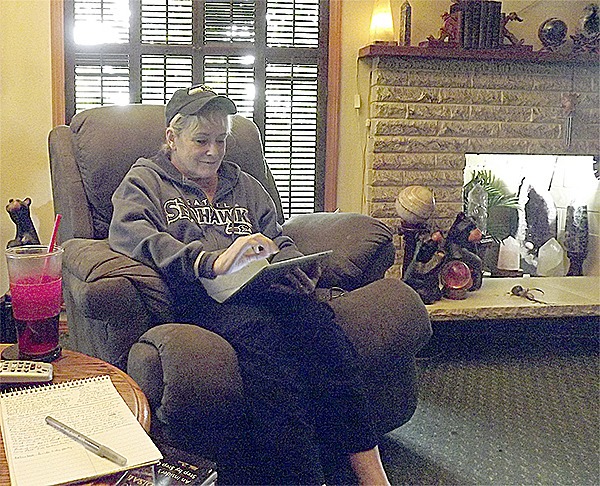MARYSVILLE – Caldie Rogers should be retiring. She’s 60. And she’s done many ground-breaking, historic things as president/chief executive officer of The Greater Marysville-Tulalip Chamber of Commerce for 22 years.
Growing up in the military
Everett and Marysville chambers
Raising “The Bear” in the Little Red House
Fighting to break barriers
Fighting for businesses
Rogers as a mediator
Dealing with death
Resignation letter:
Career highlights



